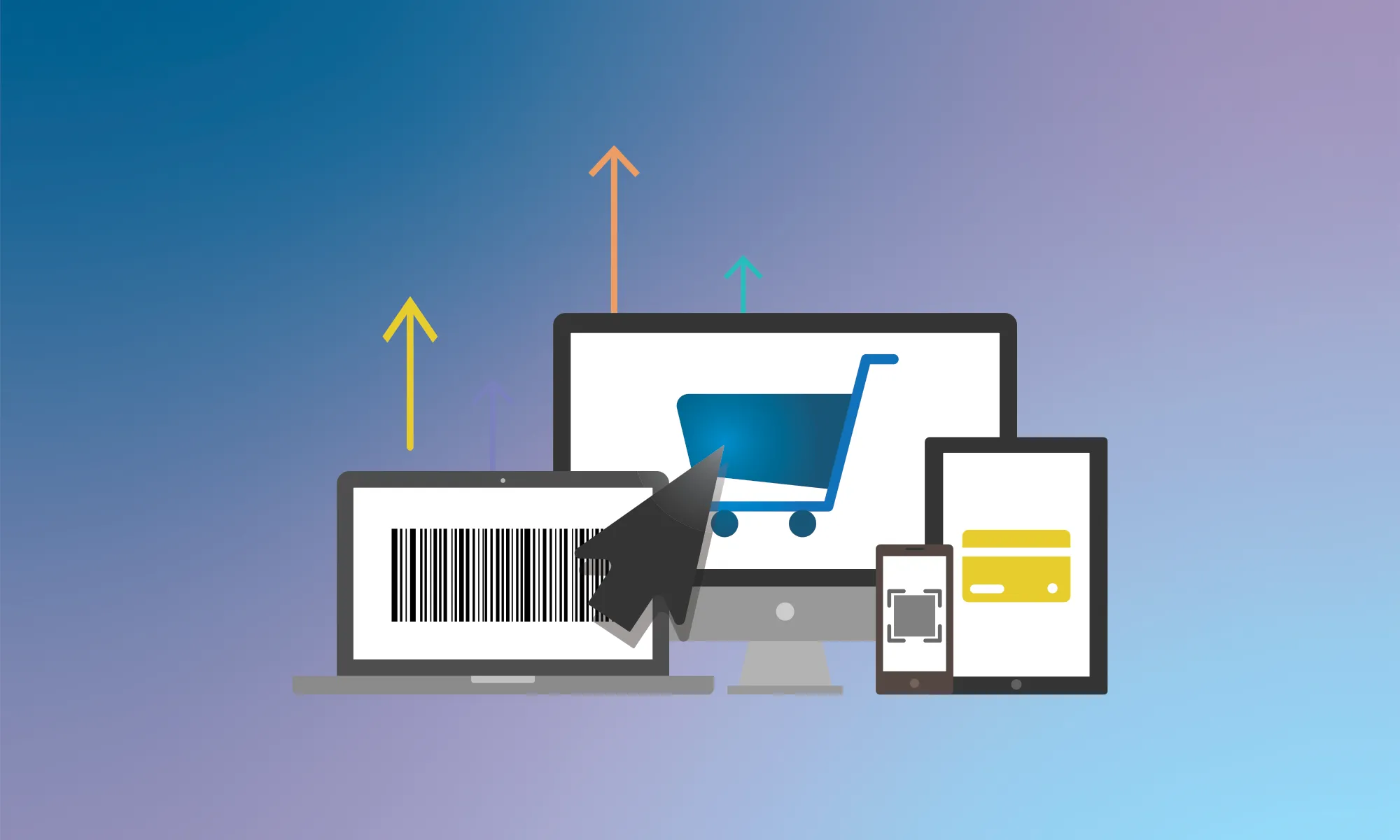The European Court of Justice has confirmed what many digital platforms feared: depending on how you operate, you could be the one liable for VAT.
In Xyrality GmbH (C-101/24), decided on 9 October 2025, the CJEU ruled that digital platforms (such as app stores and online marketplaces) can be treated as the supplier for VAT purposes when they act “in their own name but on behalf of another.”
It’s a legal nuance with major operational consequences. For platforms that manage digital content, payments, or service delivery, the VAT burden may no longer sit with your sellers; it may sit squarely with you.
The new VAT reality: platforms in the spotlight
Xyrality GmbH is a German mobile-game developer that creates and offers free game apps for smartphones, monetised via in-app purchases. Users downloaded Xyrality’s games via a major app-store platform, then made paid in-app-purchases through that app-store interface (branded with the app-store platform’s logo), while Xyrality received a share of the net proceeds after the platform deducted a commission.
Historically, platforms were viewed as facilitators. Developers, creators, or merchants supplied the content and were responsible for charging VAT. The platform simply processed the payment.
Xyrality questions that logic. The Court said you cannot rule out the “deemed supplier” rule (Article 28 of the VAT Directive) just because the order confirmation names the developer or shows their VAT number.
What matters is how the platform actually operates: who authorises the charge, delivers the content, and sets the terms. If you control the transaction, you could now be responsible for VAT calculation, invoicing, and reporting.
Why this matters now
The CJEU didn’t stop at digital gaming. It reaffirmed that Article 28 applies to all types of services, including electronically supplied ones, and clarified that Article 9a, introduced in 2015, only confirms that interpretation.
In parallel, the EU’s VAT in the Digital Age (ViDA) reforms are expanding real-time reporting, e-invoicing mandates, and platform liability across the EU. Together, they signal a new compliance environment:
- VAT obligations move to the platform layer
- Invoicing identity flips from the developer to the platform
- Reporting and audit requirements intensify
The message is blunt: digital platforms are entering the same VAT regime that goods marketplaces already face.
The operational impact: where it hits hardest
- VAT Determination at Checkout
VAT must now be calculated using the consumer’s location and rate, not the developer’s. Your tax engine must be fast, accurate, and integrated at the point of sale. - Verification of underlying seller’s VAT-registration status
Freelancers, sole traders and small businesses may or may not be VAT-registered. Platforms must prepare their seller onboarding to be able to detect nuances. - Tax ID Validation
If you’re reclassifying transactions as B2B or B2C, you’ll need automated VAT ID checks. Misclassifying buyers could trigger over- or under-collection and audit risk. - VAT Returns and OSS
If you’re deemed the supplier, you file and remit VAT through the One Stop Shop or local regimes. Centralised reporting and reconciliation are now non-negotiable. - E-Invoicing and Digital Reporting
Where continuous transaction controls (CTCs) apply, the invoices and reports must show your VAT ID as supplier. This requires re-mapping invoice logic and e-invoicing integrations.
What executives should do next
- Audit your role in every transaction flow: who sets the terms, who charges, who delivers, who invoices.
- Verify the current VAT-registration status of your existing seller base.
- Refactor VAT logic to handle consumer-based rates and platform-level liability.
- Rebuild e-invoicing workflows to reflect the correct supplier identity.
- Automate validation and reporting to ensure consistent, auditable compliance.
This isn’t theory. Tax authorities will expect platforms to operationalise these rules quickly, with documented evidence and real-time controls.
Fonoa helps digital platforms meet this new VAT reality
At Fonoa, we’ve helped the world’s leading marketplaces, SaaS providers, and digital platforms prepare for this shift by embedding compliance directly into their operations. Our technology unifies:
- Tax ID Validation: Verify counterparties instantly in 110+ countries
- VAT Determination: Apply the right rate at checkout, in real time
- VAT Returns and OSS: File globally, consistently, and at scale
- E-Invoicing and CTC: Issue and report compliant invoices automatically
- Digital Platform Reporting: Automate DAC7 and similar reporting obligations
As digital platforms move from facilitators to taxpayers, Fonoa makes compliance seamless, turning complex VAT obligations into a single automated flow.
See how global platforms are preparing for the post-Xyrality VAT environment. Get in touch with our expert tax team at Fonoa.

















